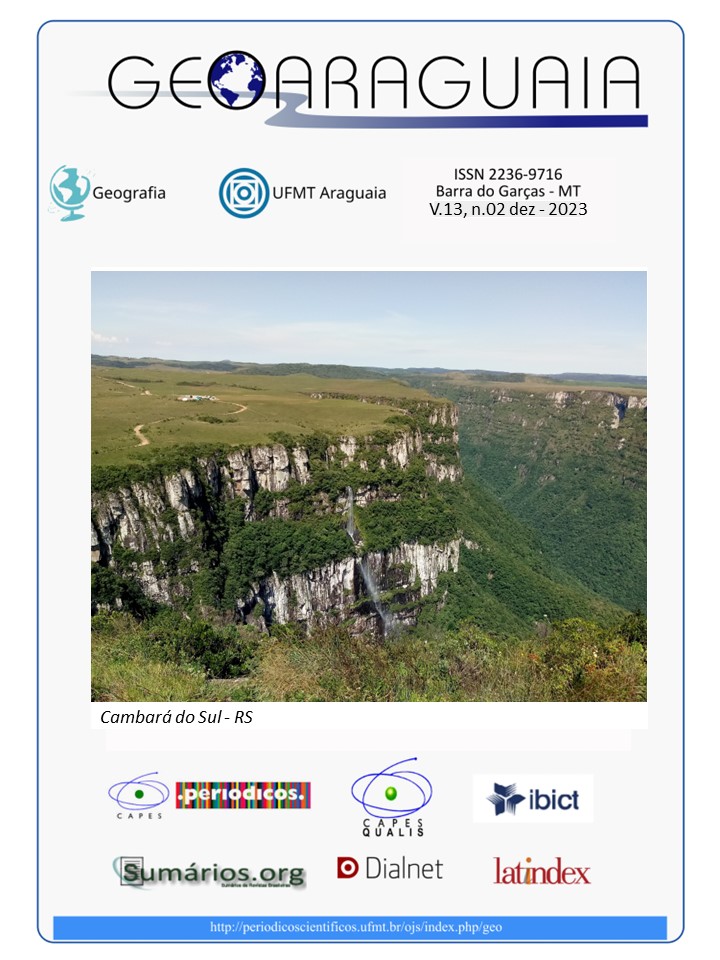Occupation and restoration process of an urban wetland: hydrosocial territory concept application on a micro scale
Keywords:
Sanitation; Environmental justice; Social participationAbstract
This study analyzed occupation and environmental restoration process of a degraded urban wetland (micro scale), located in the Metropolitan Region of the Cuiabá River Valley, which covers the capital of Mato Grosso (Brazil). The history of occupation of the urban wetland (Jacaré Lagoon), the environmental characteristics, the social agents, the sanitation infrastructure and the political relations and perception of belonging of the social groups involved were integrated, having as an analytical tool the hydrosocial territory concept. This is an exploratory and empirical research, where interviews and participant observation were used, in community meetings and in the social media group, as well as bibliographical and documentary research. The results allowed the identification of historical phases of the occupation process, from 1970 to 2023. Of those interviewed, 20% have lived there for more than 33 years; all of them know the poor sanitation conditions and the importance of the lagoon. The process of lagoon environmental degradation reflects the historical and political model occupation, resulting in environmental injustices. Political relations are hierarchical and centralized in the local public power. The concept of hydrosocial territory can be applied at the micro scale, allowing the identification of different hydrosocial dimensions, as a reflection of the macro scale. The way the community interacts, with a strong sense of belonging to the territory, has been influencing the process of mobilization and motivation of the community to improve environmental conditions and achieve environmental restoration, despite the little culture of social participation.
Downloads
Published
How to Cite
Issue
Section
License
A Revista Geoaraguaia poderá solicitar alterações de ordem normativa, ortográfica e gramatical, com vistas a manter o padrão culto da língua. Se necessário, alguns ajustes normativos podem ser feitos pela revista, porém respeitando o estilo dos autores.
As provas finais não serão enviadas aos autores.
As opiniões emitidas pelos autores dos artigos são de sua exclusiva responsabilidade.





 A revista
A revista